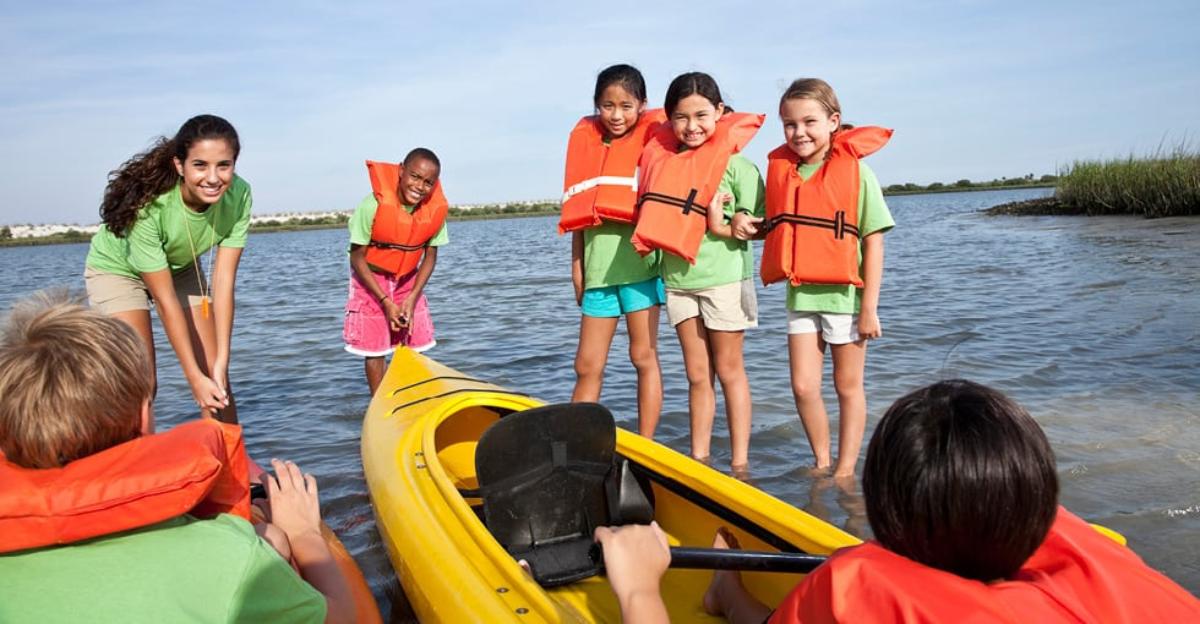‘Tis the season for summer camps! For most children, it is an exciting and fun-filled time as they transition from home to a new environment filled with different adventures. But for a child with special needs, it may take extra preparation and follow-through to ensure success.
Sensory Processing: 4 Tips to Help Prepare for Summer Camp
For children with special needs, camp isn’t always a good experience as they can feel overwhelmed, anxious, and irritable at times. That’s why it’s important for parents and caregivers to find camps adept at providing an adaptive and inclusive experience.
It can also help to proactively contact the counselors and explain some basic coping/sensory tools. Then follow up by phone to touch base. Here are some more tips to help children with special needs have a fun and educational time at summer camp!
1. Make sure your child has built-in quiet time
Perhaps they can run an errand to the office or be the staff helper for the day. Small moments to get out of the hustle and bustle of a large group can make a difference and keep anxiety levels down.
2. Pack noise-reduction headphones
If your child gets overwhelmed in the mess or dining hall, during fireworks, or other auditory activities, pack a set of noise-reduction headphones. For teens, a pair of portable earbuds may work and be more socially acceptable.
3. Encourage proprioceptive activities wherever possible!
Swimming is the perfect camp activity for deep touch pressure and calming. Other ideas include simple gymnastics, yoga, or paddling a canoe or kayak. If coordination is an issue, even carrying rec equipment (baseball bats, paddles, balls, etc.) may provide enough of this input. Portable solutions like a small weighted lap pad or weighted clothes may be helpful during campfires or other seated group activities.
4. Remind counselors to use the tools and solutions when needed
Be sure to remind the counselors to offer the designated solutions to your child at regular intervals or at least as needed. Sometimes a child can move quickly into the flight or fight state and can no longer cognitively problem-solve or articulate the issue. A gentle reminder of the options available may help stop or reduce the anxiety and resulting escalation.






Leave a Reply